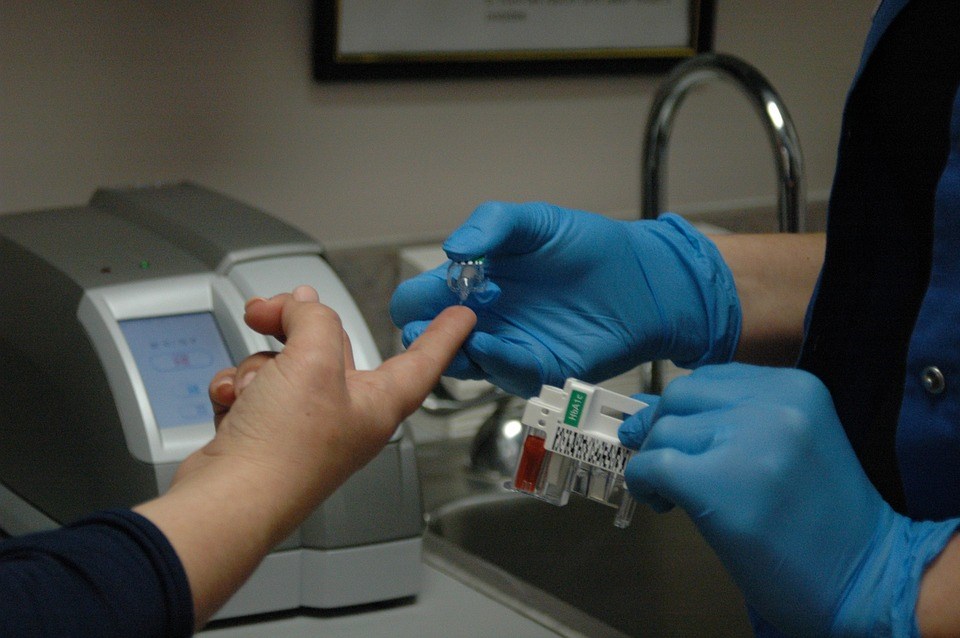KENORA — A new grant is helping to support diabetes awareness.
The Lawson Foundation is providing a $300,000 grant to the Indigenous Diabetes Health Circle, in partnership with Kenora Chief Advisory and the Waasegiizhig Nanaandawe’iyewigamig Health Access Centre to support training frontline health workers in diabetes awareness throughout the Treaty Three Territory.
The grant will be rolled out with $100,000 per year for the next three years.
"We offer training to frontline staff that support clients that might have diabetes," said Jessica Pace, the knowledge program manager for the Indigenous Diabetes Health Circle. "So, foot care training, diabetes awareness, and gestational diabetes awareness training are meant to bridge the clinical perspective with the Indigenous knowledge perspective.”
Pace said that during the pandemic, programming was somewhat halted as their organization transitioned to virtual, but as most remote communities find internet access a barrier, communities are asking for a return to in-person programming.
“Our team has been mobilizing to respond to those requests and get back out there,” said Pace.
Furthermore, the Indigenous Diabetes Health Circle provides foot care screening in partnership with clinics around the province, including the Waasegiizhig Nanaandawe’iyewigamig Health Access Centre in Kenora. The Indigenous Diabetes Health Circle will develop a network of primary care providers to provide programming for pregnancy planning, prenatal care, and parenting.
“I think really what we know is that building relationships and capacity building at the community level is the best entry point to ensure uptake. So, our project responds to a community request that was identified by workers on the ground in Kenora at our partnering organizations,” Pace said.
The health circle is creating youth outreach initiatives that will deliver culturally grounded diabetes prevention and care knowledge through workshops that bring youth ambassadors and FHWs together to develop larger youth programming for the region.
“Youth have increasing risk and increasing rates of type two diabetes but don’t always have the support at hand to provide them with education and access to health,” Pace said.
Pace said the request for youth outreach to due to the overwhelming increase in rates of diabetes among First Nations youths and pre-existing and gestational diabetes in women.
“Specific risk factors are physical inactivity, obesity, and smoking. But we also know a part of the story for First Nations and other Indigenous communities is the ongoing impacts of colonization, dispossession of land, and intergenerational trauma all contribute to lifelong diabetes risk,” Pace said.
The health circle will lead the project with the Kenora Chiefs Advisory and the Waasegiizhig Nanaandawe’iyewigamig Health Access Centre acting as the frontline in ensuring the program’s effectiveness and best practices in the Treaty Three region.
“I really think it’s about community connection. Listening to the needs of the community and bringing that Indigenous Knowledge to support these clinical pieces which we already understand pretty well. Taking a holistic approach where we value what we are hearing at the community level is really central to what IDHC does and has done over the past 25 years,” Pace said..
More information about the Indigenous Diabetes Health Circle's programming, events, and resources are available online.
